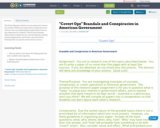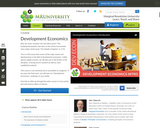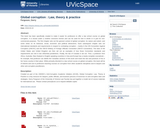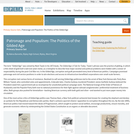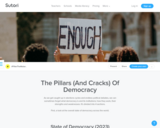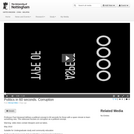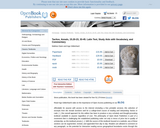
This resource is a video abstract of a research paper created by Research Square on behalf of its authors. It provides a synopsis that's easy to understand, and can be used to introduce the topics it covers to students, researchers, and the general public. The video's transcript is also provided in full, with a portion provided below for preview:
"The Isthmus of Tehuantepec in Mexico is one of the windiest places on earth making it a hotspot for investment in wind energy. But that’s proving problematic. Because although wind-energy investments appear to be paving the way toward a sustainable future a new study reports that a lack of good governance is proving unsustainable for the large indigenous population that calls the Isthmus home. Mexico is among the many nations that have implemented policies supporting the Sustainable Development Goals established by the United Nations. a blueprint for achieving a sustainable future for our planet. But in the Isthmus of Tehuantepec, these efforts do not adequately include local indigenous communities. It’s a problem caused by a combination of corruption, poor accountability, and limited access to information about energy and the environment. Fortunately, paths for reversing these poor governance patterns do appear to exist..."
The rest of the transcript, along with a link to the research itself, is available on the resource itself.
- Subject:
- Business and Communication
- Material Type:
- Diagram/Illustration
- Reading
- Provider:
- Research Square
- Provider Set:
- Video Bytes
- Date Added:
- 02/25/2021

